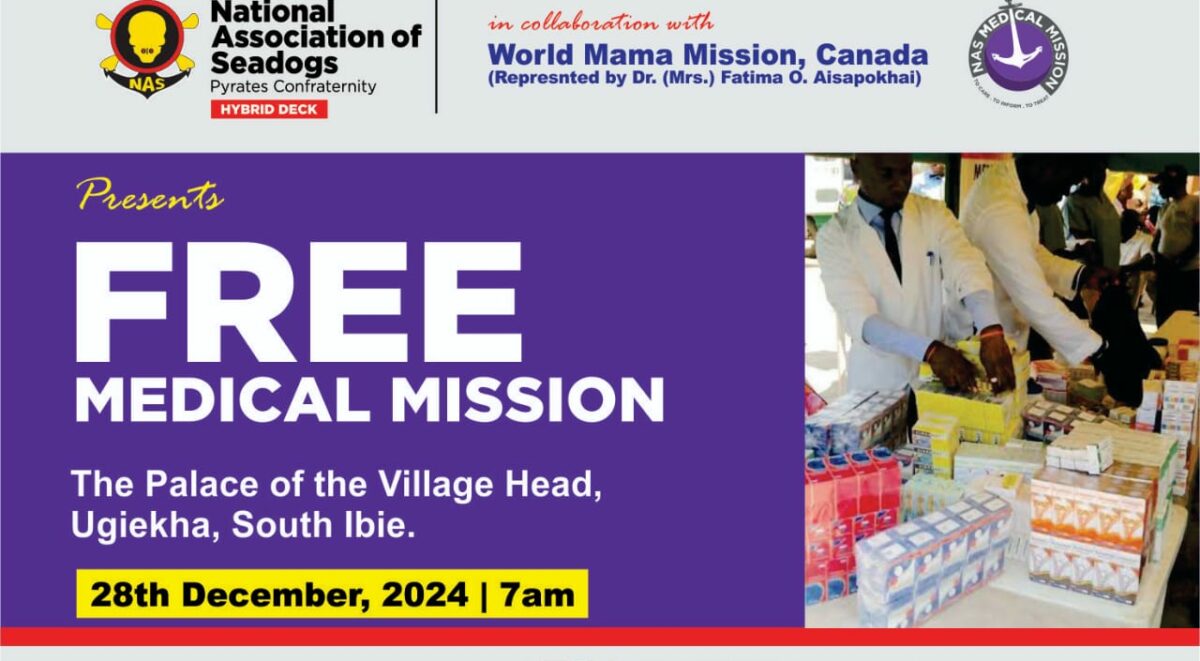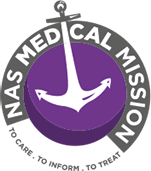
EXECUTIVE SUMMARY
This needs assessment report has as its primary intention an accurate representation of information and insights obtained during a fact-finding mission by a dispatch team from
Hybrid Deck to Ugiekha, South Ibie in Etsako West Local Government Area of Edo State, towards executing a Free Medical Outreach in the community.
The report assesses the health status of the residents, the state of health infrastructure, and the socioeconomic needs of Ugiekha, South Ibie, intending to plan an impactful medical outreach. The outreach addresses pressing health challenges, improves living conditions, and enhances socioeconomic well-being.
BACKGROUND
Ugiekha is a rustic community of about 500 residents. It is an integral part of the South Ibie clan in the Etsako West Local Government Area of Edo State. The people are mainly peasant farmers and artisans. There is a direct access road from Auchi town to the community, as the community is along the road from Auchi to the River Niger in Agenebode, Etsako East LGA. There is also a government-owned primary school in the community. Ugiekha faces significant development challenges that impact the residents’ quality of life. This needs assessment report provides Hybrid Deck with the relevant information and insights gained during a fact-finding scoping mission to the community to bridge the healthcare gaps and identify areas for sustainable intervention.
PROBLEM STATEMENT
Many residents of the community are faced with inadequate basic amenities, limited access to quality healthcare services, poor living conditions, socioeconomic disparities, lack of potable water, and improper sewage disposal, amongst other issues.
METHODOLOGY
This assessment employed:
1. Observational studies
2. Key Informant Interviews (KIIs) with community leaders, healthcare professionals
3. Focus Group Discussions (FGDs) with residents
HEALTH NEEDS ASSESSMENT KEY FINDINGS:
1. There is a high prevalence of infectious diseases (malaria, diarrheal illnesses, typhoid fever, diabetes mellitus, skin infections, tuberculosis, HIV). Others are high blood pressure, ulcers, etc.
2. Limited access to maternal and child healthcare
3. Insufficient healthcare personnel and facilities
4. Poor health awareness and education
INFRASTRUCTURE NEEDS ASSESSMENT
Very poor health facilities
No functional healthcare centres
Lack of medical equipment and supplies
Lack of pipe-borne water
Reliance on untreated water sources
Increased water-borne disease risk
Poor Toilet Facilities and Improper Sewage Disposal
Inadequate sanitation infrastructure
Environmental health hazards
Inhabitable Living Environment
Overcrowding
Poor ventilation
Lack of Toiletries
Insufficient access to basic hygiene essentials
Frequent power outages and the impact on healthcare service delivery
SOCIOECONOMIC NEEDS
Assessment Findings:
1. High poverty rates
2. Limited education and economic opportunities
3 . Social inequality.
TARGET AREA AND BENEFICIARIES
Location: Ugiekha Community
Beneficiaries: 500 indigent individuals (men, women, children)
GOALS OF THE PROJECT
1.To provide free medical consultations, diagnoses, and treatment
2. To improve health awareness and education
3. To enhance socioeconomic well-being
EXPECTED OUTCOMES
1. Improved health status
2. Enhanced health knowledge
3. Strengthened community-healthcare provider relationships
4. Identification of areas for sustainable intervention
APPROACH
1. Partnership with local healthcare providers
2. Recruitment of volunteer medical professionals
3. Procurement of medical supplies and equipment
4. Community sensitization and mobilization
5. Execution of medical outreach
MONITORING ANDEVALUATIONATION
1.Patient registration and tracking
2.Pre- and post-event surveys
3. Patient satisfaction assessments
4. Outcome-based evaluation
CONCLUSION
This scoping report highlights the Ugiekha community’s pressing health, infrastructure, and socioeconomic needs. The proposed free medical outreach aims to specifically address these challenges and to improve residents’ quality of life.
Our focus is to provide free medical consultation diagnoses of the identified prevalent diseases. Basic management of some disease entities will be carried out with referral and follow-up where necessary.
Appendix:
- A) A representative of the NAS Medical Mission visits the Community to intimate residents of the planned Free Medical Mission. This is a follow up to an earlier visit.
- B) A member of the NAS Medical Mission with the Secretary to the Traditional Council of the Community, representing the Village Head, who was said to be away on official engagement outside the State.
- C) A member of the NAS Medical Mission with one of the elders of the community
